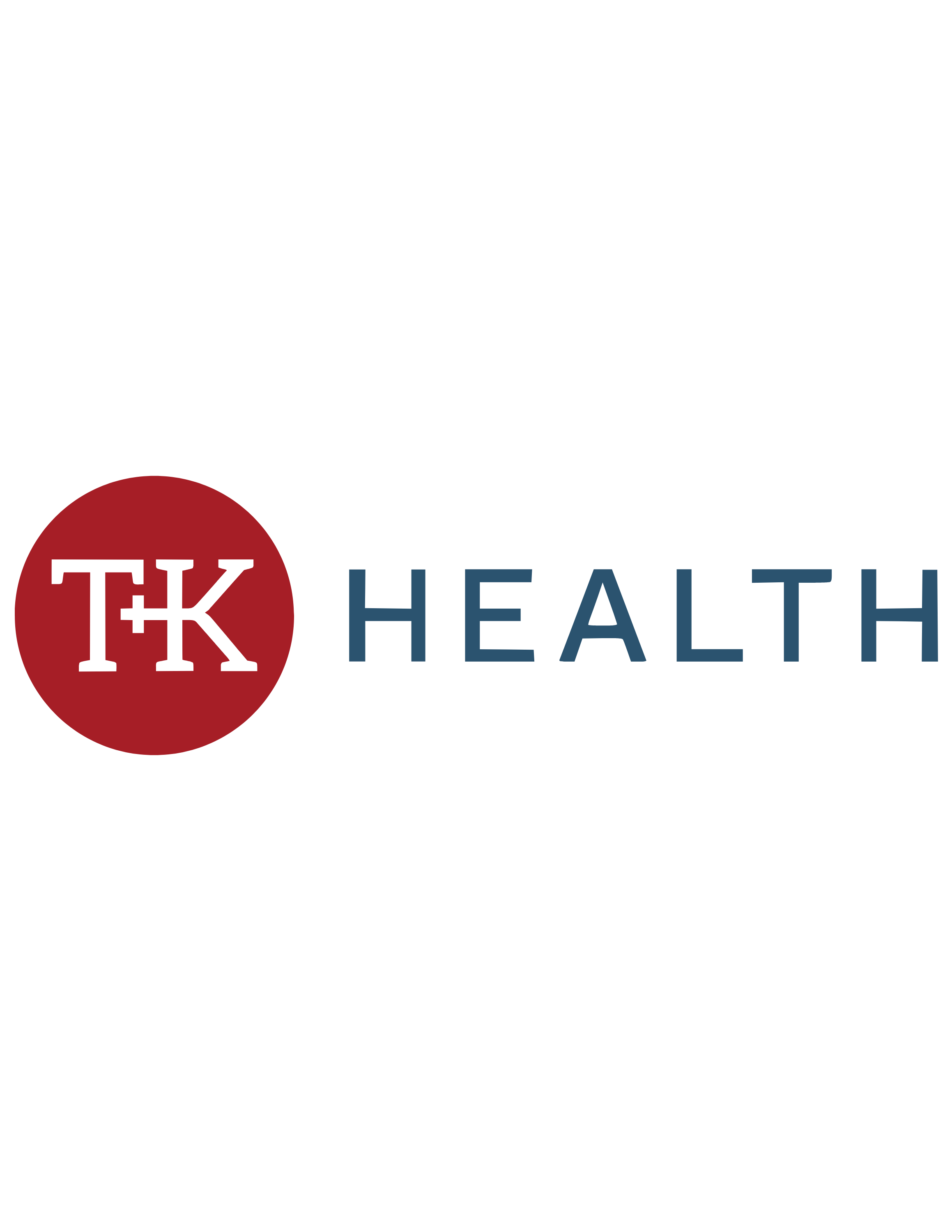Nursing offers multiple career options for those interested in a caregiving role. While many people are familiar with Registered Nurses (RNs), Licensed Practical Nurses (LPNs) are another essential role in the nursing field.
What is an LPN nurse? They’re nurses who work with doctors and RNs to provide hands-on patient support.
What is an LPN Nurse?
An LPN is a healthcare professional who provides essential nursing care under the supervision of RNs and/or physicians. They have a nursing certificate from an accredited LPN training program and must pass the National Council Licensure Examination for Practical Nurses.
LPNs are often the primary point of contact for patients, offering hands-on care. They work in all types of healthcare environments, including hospitals, rehabilitation centers, physicians’ offices, and correctional facilities. Their responsibilities consist of a full range of nursing duties, which they perform with access to an RN or physician to answer questions.
Benefits of Being an LPN
LPN is an excellent career choice for nurses who want to enter the profession while still having opportunities for further training, education, and advancement, if they choose to take them. Below are just some of the benefits of being an LPN.
Hands-On Experience
Unlike RNs, who need to earn a degree, LPNs can start working in the healthcare field after completing a certification program, which typically takes 12-18 months, passing their licensure exam, and receiving their license from the state they want to practice in. This makes it a great option for those who want to enter the workforce and get hands-on experience.
Jessica Mobley, a Charge Nurse for TK Health at Tulsa County Jail, knew at 18 that she wanted to be a nurse so she could help others like she did her paraplegic grandmother.
“I decided to go to LPN school because it was a self-paced program. I wanted to be able to help people as quickly as I could,” she said.
Mobley finished the program in nine months, but she didn’t stop there. She worked as a nurse while continuing her nursing education. Today, she has her RN, her bachelor’s degree in nursing, and is a Certified Correctional Health Professional through the National Commission on Correctional Healthcare. She said:
“I was able to be a nurse and continue to get higher levels of nursing education while doing what I already loved. It was the best decision I ever made.”
Job Stability and High Demand
Because of the nationwide nurse shortage, LPNs are in high demand. They can fill essential gaps quickly, lessening the demand on physicians and other types of nurses while still providing patients with quality care.
Steve Patterson, RN, BSN, DC, and Oklahoma Regional Manager at TK Health, said LPNs are essential to the TK Health team. He said they provide quality care to ensure the well-being of the company’s unique and challenging patient population.
“At TK Health, LPNs are respected, seen as valuable members of the patient care team, and encouraged to continue education through various LPN-to-RN bridge programs if they choose to pursue that nursing career pathway,” he said. “LPNs in our organization play a vital role in ensuring patients’ physical health and mental well-being.”
The nurse shortage isn’t affecting LPN positions as much as RNs, but there’s still plenty of demand. The Bureau of Labor estimates about 54,000 LPN openings annually on average, creating excellent job security.
Affordable Education
LPN programs are more affordable when compared to a four-year degree, making it a cost-effective way to start a career in nursing without taking on significant student debt. While there isn’t reliable data on how many LPNs become RNs, it’s widely considered a common path, allowing LPNs to work and earn income in their profession while pursuing more education. Some employers even assist LPNs by funding or partially funding their undergraduate education.
Kara Black, TK Health’s Vice President of Clinical Operations, started with the company as an LPN in 2018. As the company grew, she was promoted in 2019 to direct her region in Arkansas.
“I quickly realized that I wanted to further my education, and through the education scholarship program with TK Health, I was afforded an opportunity to obtain my RN,” Black said.
She graduated with her RN in December 2021 and was promoted to a vice president position in 2022.
“I am appreciative of the educational opportunity that TK Health provided me. I love the role I work in and the people I get to work with.”
Hands-On Patient Care Experience
No classroom experience replaces hands-on learning. LPNs interact directly with patients, providing care, monitoring vital signs, administering medications, and responding to emergency situations. This hands-on experience is fulfilling for those who enjoy working closely with people and making a difference in their lives. It also gives LPNs the experience they need to grow into other positions.
Opportunity for Career Advancement
As noted above, many LPNs use their experience as a stepping stone to become RNs. LPN-to-RN bridge programs make it easier to advance in the field while gaining work experience and earning a salary. LPNs who choose not to seek further education can still advance in their workplaces because of their hands-on experience.
Taylor O’Connor, a TK Health Corporate Float Nurse, is working as an LPN while earning her RN. She is also a member of the National Guard, which requires military drill training.
“The flexibility afforded by TK Health without repercussions that so often happens in other jobs is unmatched,” O’Connor said. “My position as a Corporate Float Nurse also provides flexibility with the opportunity to work in any TK Health partner facility in any state the company is in, which expands nursing knowledge across the board.”
Competitive Salary and Benefits
The average salary for an LPN is $29.88 an hour or just more than $62,000 a year, according to ZipRecruiter. Of course, salaries vary based on location, experience, and work setting. Many employers also offer benefits like health insurance, flexible work schedules, retirement plans, tuition assistance, and/or flexible schedules to accommodate further education.
Emotional and Professional Fulfillment
Helping patients recover, providing comfort, and positively impacting people’s lives bring a sense of purpose and fulfillment to people who choose nursing as a career. LPNs are valued team members in healthcare and often develop strong bonds with their patients and fellow caregivers.
Tara Adams, an Associate Regional Manager for TK Health’s Northeast Oklahoma Region, became a correctional nurse after 25 years in nursing. She said it’s important that patients know that she and her team care about their health and well-being while incarcerated and about their success upon release.
“No matter who the patient is or what they are accused of doing, they are still human beings. They are somebody’s mother, father, son, daughter, brother, or sister. All life is precious and valuable.”
Adams said she hopes to better the people she cares for, and she can’t imagine doing any other work.
“Compassion is free and is given to us all. Why can’t we help others realize that they too are worthy of care and that healing is possible with proper help and guidance? If I can only reach one out of 10 people, I will take that one person gladly and feel that I have done my very best to reach others.”
Is an LPN Career Right for You?
Thinking about becoming an LPN? Choosing this career can be rewarding, but it’s important to determine whether it aligns with your skills, interests, and career goals. Here are some key factors to consider when deciding if an LPN career is right for you.
You Enjoy Helping Others
LPNs work closely with patients, providing hands-on care and emotional support. If you have a natural desire to help people, make a difference in their lives, and provide comfort during challenging times, this career could be a great fit.
You Have a Strong Work Ethic
Nursing can be physically and emotionally demanding. LPNs often work long shifts, spend hours on their feet, and handle multiple patient needs simultaneously. If you are hardworking and can stay committed under pressure, you may thrive in this role.
You Are Compassionate and Patient
Patients may be in pain, scared, or frustrated, and it’s the LPN’s job to provide care with kindness and understanding. You’ll be well-suited for this profession if you are naturally empathetic and patient.
You Prefer a Fast Track Into Nursing
Perhaps one of the greatest benefits of being an LPN is that you can get started in the field quickly. As previously mentioned, LPN programs typically take a year or slightly more, allowing you to enter the workforce and start applying your skills. If you want to get into nursing quickly, this may be the right path for you.
You Work Well Under Supervision
LPNs work under the supervision of RNs and doctors, following instructions and collaborating as part of a healthcare team. This career may be a good fit if you are comfortable taking direction and working closely with others.
You Have Strong Attention to Detail
LPNs handle medication administration, patient monitoring, and documentation, all of which require accuracy and precision. If you are detail-oriented and organized, these skills will help you succeed in this role.
You Are Comfortable with Medical Procedures
LPNs perform various hands-on medical tasks, including checking vital signs and dressing wounds. If you are comfortable with basic medical procedures and don’t mind working with bodily fluids, you may find this career fulfilling.
You Want Job Stability and Growth Opportunities
The demand for LPNs is growing and isn’t going to slow down any time soon. If you are looking for a career with job security and potential for advancement, becoming an LPN can be a great stepping stone into nursing.
Many LPNs use their experience as a foundation to advance their careers. If you’re interested in eventually becoming an RN or specializing in a particular area of nursing, starting as an LPN can be a great first step.
Working with TK Health
TK Health, an Oklahoma-based correctional healthcare provider, employs about 760 nurses in jails across the region, including many LPNs. Our team oversees the day-to-day healthcare operations in facilities with inmate populations ranging from 25 to more than 2,000 inmates. We provide excellent pay and benefits. Want to work for TK Health? Learn more about joining our team.

